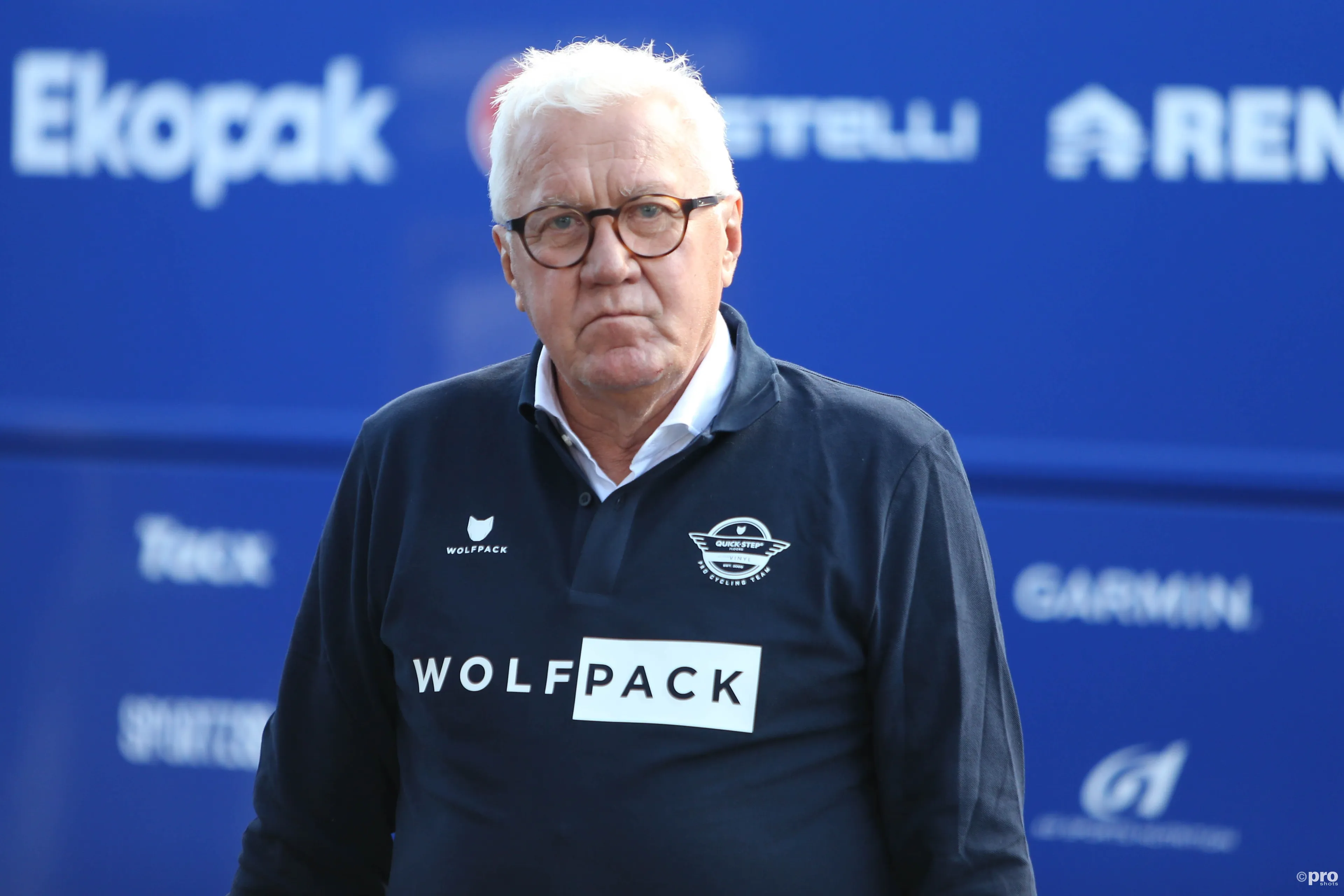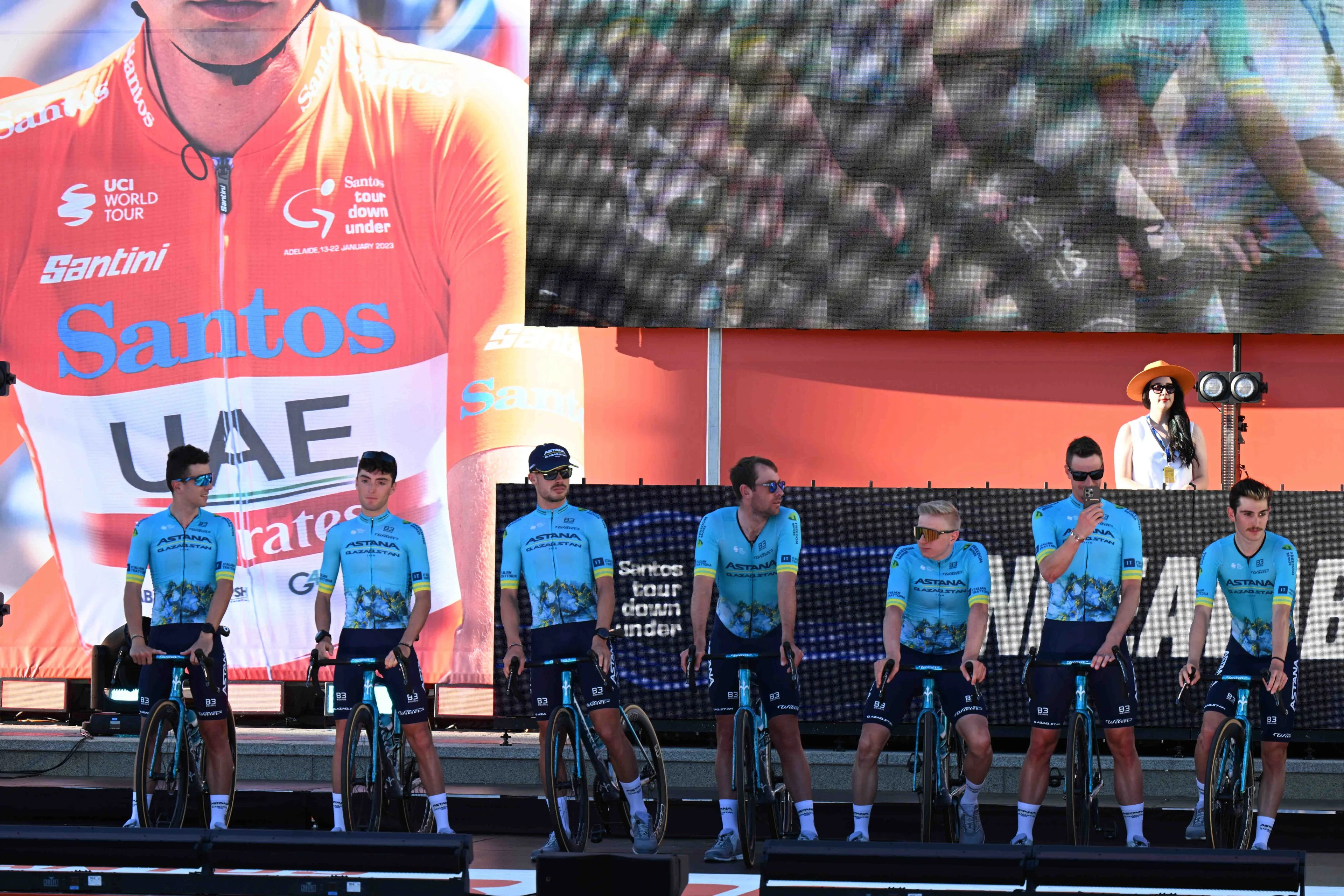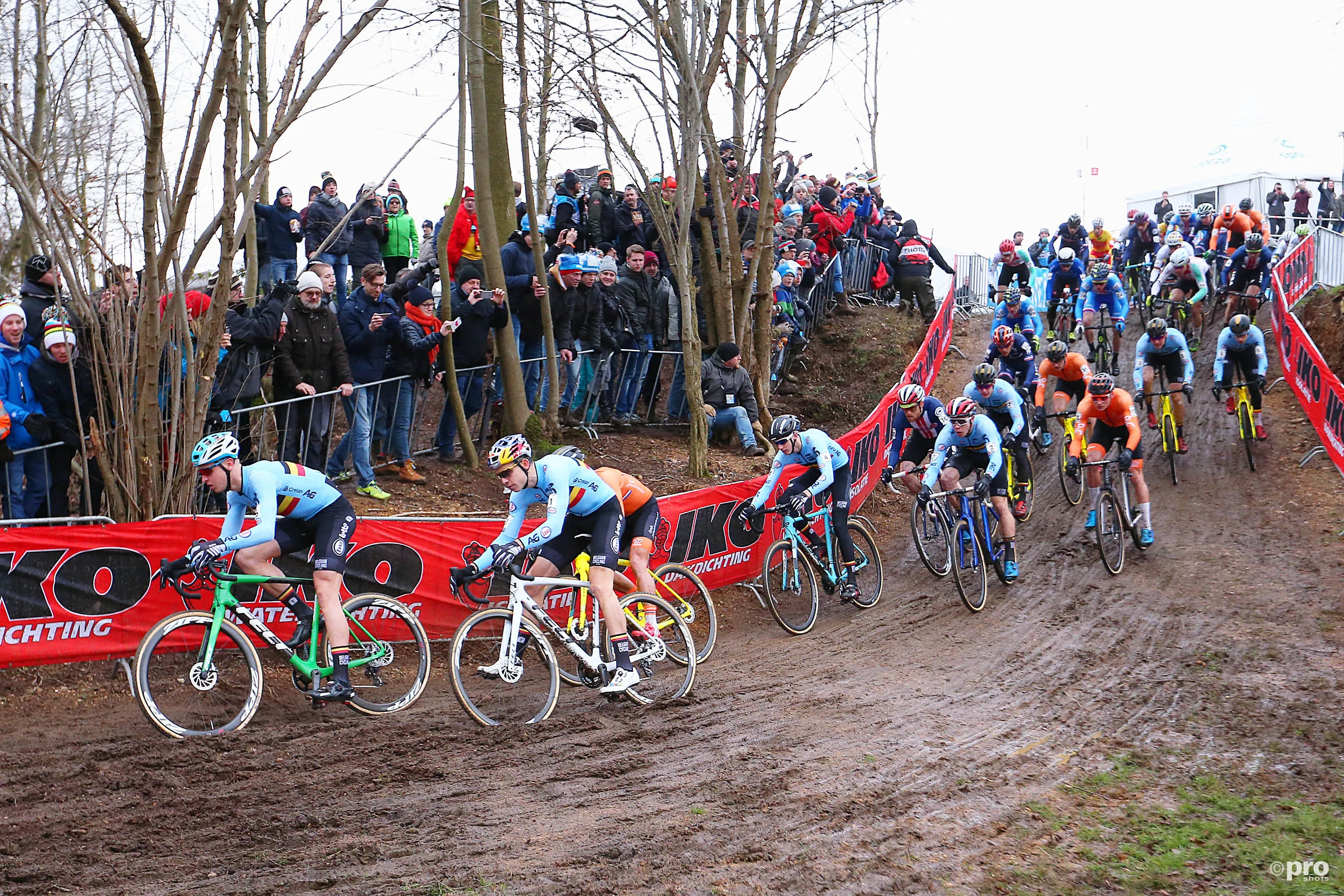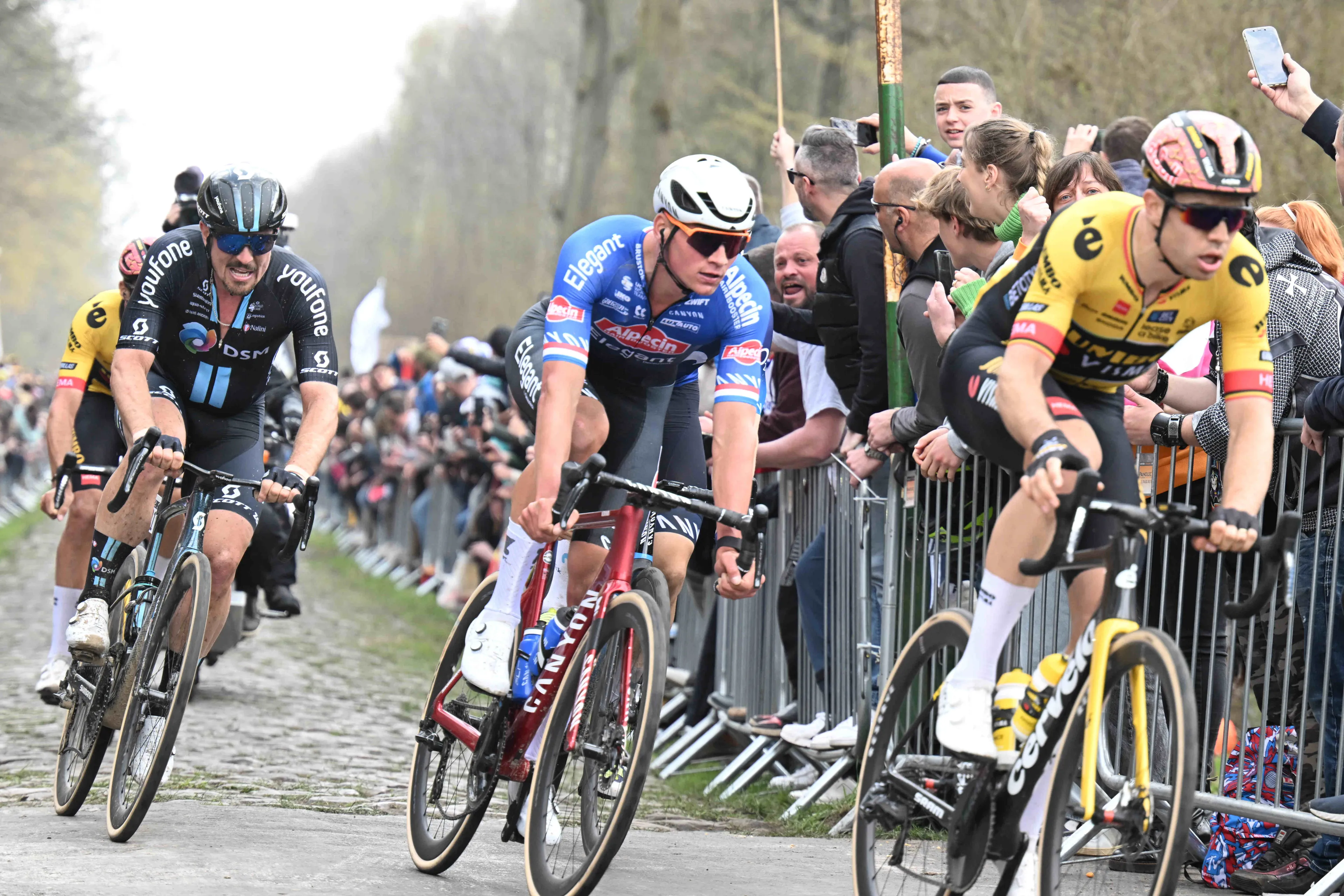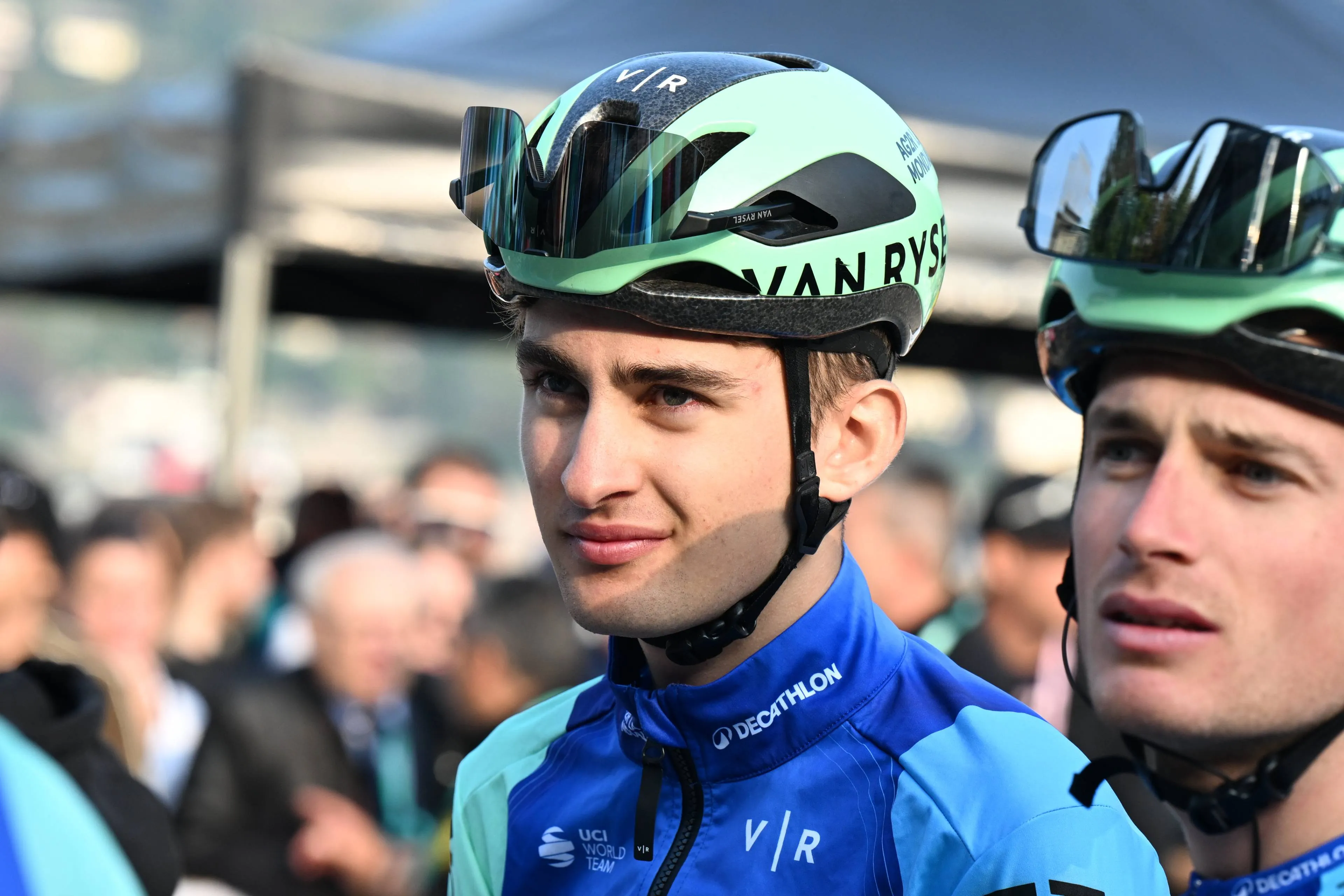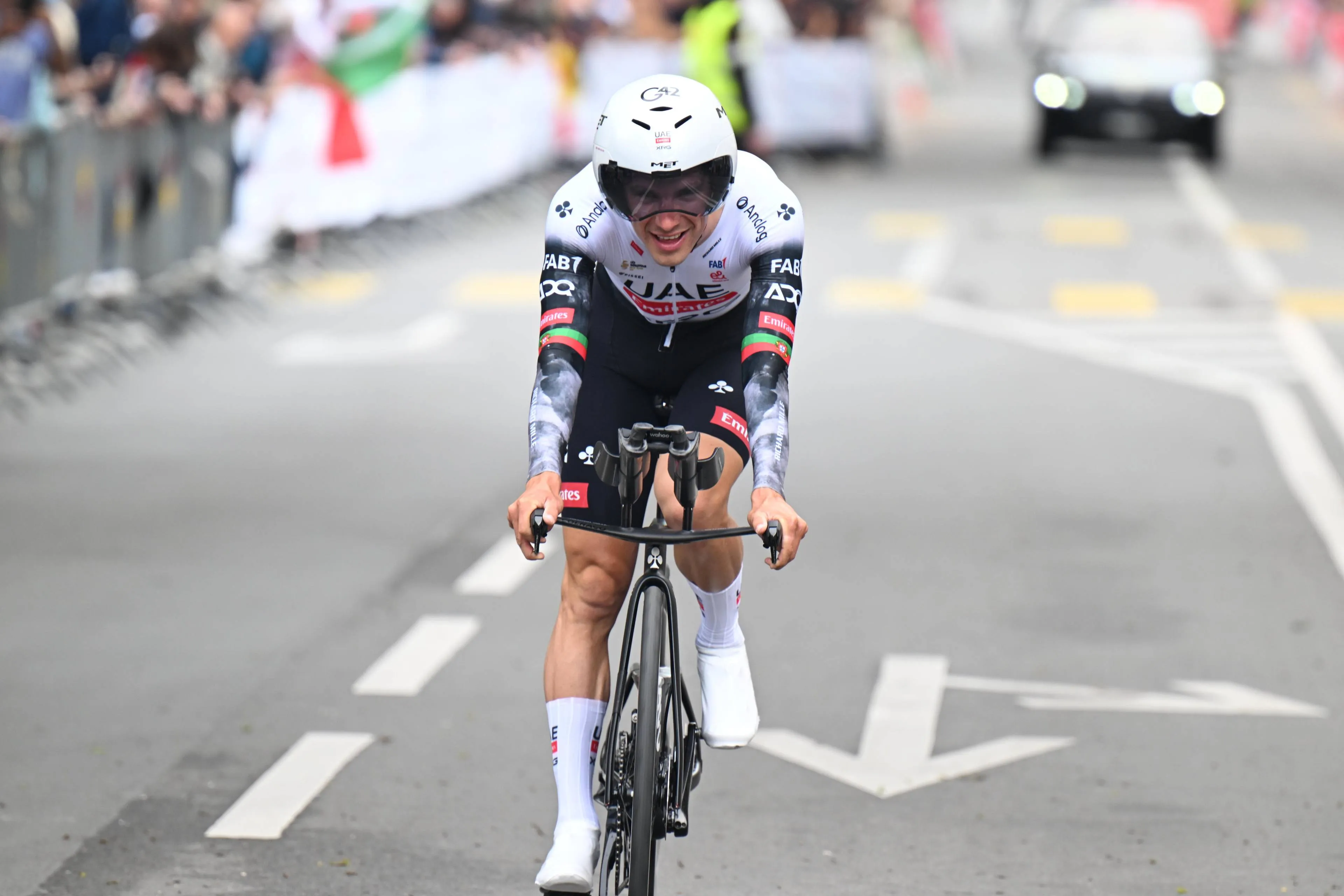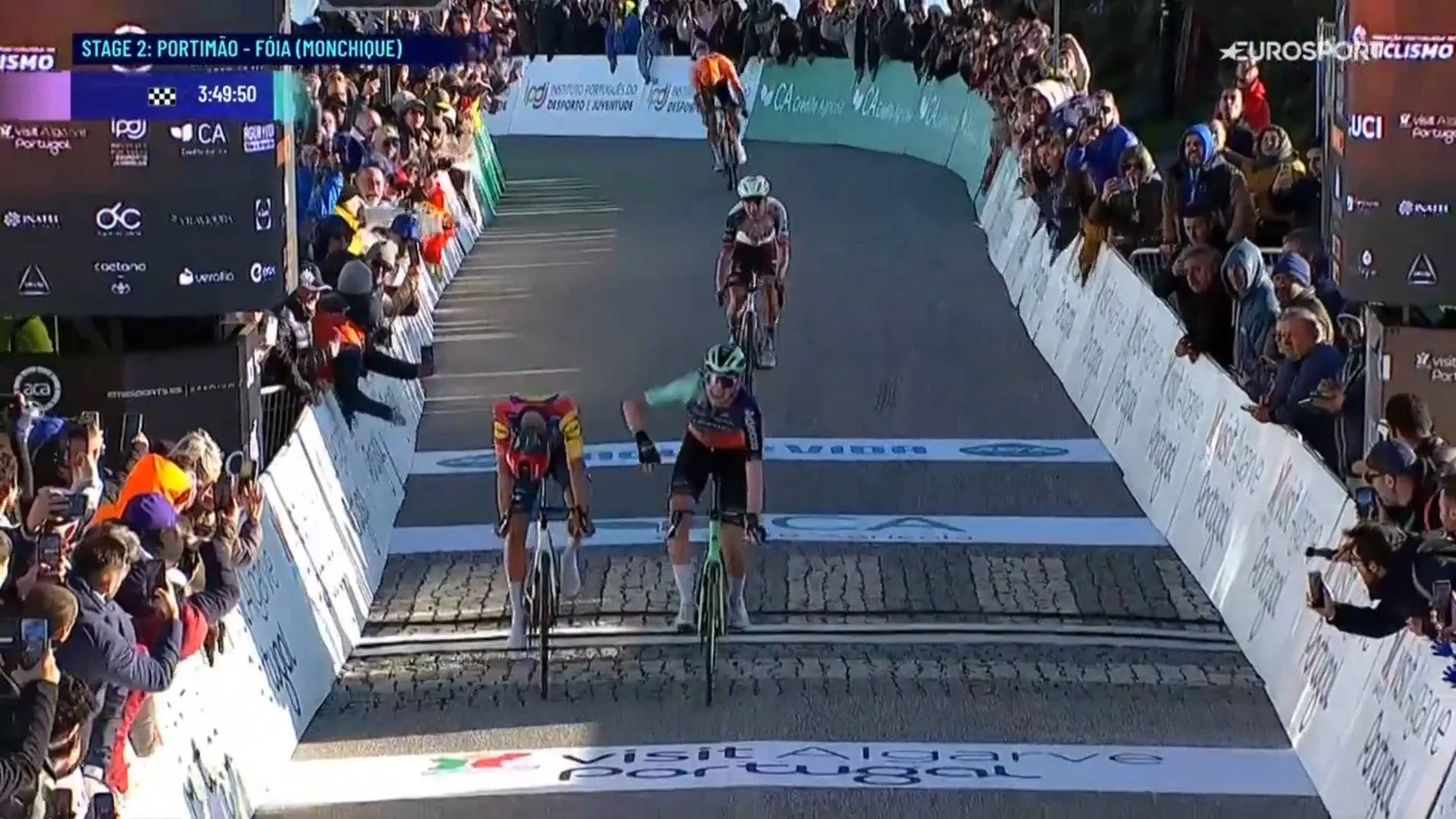
The historic ban on the use of hypobaric chambers by Italian athletes, regulated by the criminal anti-doping law 376/2000, has recently been lifted, reveals La Gazzetta dello Sport.
The law states that "the use of the hypobaric chamber is not prohibited; the athlete who resorts to this practice must remain under the strict supervision of the sports doctor before and after using the hypobaric chamber".
Read also
Wada (the world anti-doping agency) does not provide for a ban on hypobaric chambers, but Italy was the only country to ban their use. This meant that Italian athletes, both in Italy and abroad, who used an Italian sports license could not use a hypobaric tent or chamber.
The camera, equated with "doping instruments and practices", was liable to disqualification and even criminal prosecution. Foreign athletes who used this instrument on Italian territory also ran the risk of being punished, since the camera was prohibited not by a sports law, but by a criminal law.
Read also
The chambers progressively reduce the amount of oxygen available in the blood, simulating high-altitude conditions. This forces the body to naturally produce more red blood cells, thus increasing the percentage of oxygen available for physical exertion. It takes at least two weeks at altitude or in a hypobaric chamber to see concrete benefits in blood oxygenation. Stefano Oldani, winner of a stage of the 2022 Giro d'Italia, spoke on the subject at the time: "My teammates prepared for the Tour de France in Spain in hypobaric chambers. I had to go and train at altitude in Teide, in the Canary Islands."
Read also
Svolta storica: le camere ipobariche non sono più doping in Italia https://t.co/qJNKEeUGIb
— La Gazzetta dello Sport (@Gazzetta_it) February 7, 2024
claps 0visitors 0
Just in
Popular news
Latest comments
- This excuse is harmless, just quaint and amusing. The excuse I really disliked was when he accused a mechanic of improperly adjusting his saddle, endangering the mechanic's job: blaming others for your own limitations is a serious matter.
 maria2024202419-02-2026
maria2024202419-02-2026 - ok so this is impressive - I trashed this guy all winter, get a pro win before the anointing. against a quality field. And Onley and Riccitello look good too. fun to see young blood.mij19-02-2026
- Minor flaws.... thats like suggesting Genghis Khan was a bit aggressive with other countriesslappers6619-02-2026
- Then you carry on if that's what makes you happyslappers6619-02-2026
- Fabio cannot catch a break.mij19-02-2026
- OK, today is the "air conditioner"... yesterday was a cramp... on saturday a bee will sting him in his tongue... his tongue will swell up and mustafa gets no oxygen. Because of his swollen tongue, Remco won't be able to give us a new excuse. Remco and the spanish rat Ayuso should be on the same team. They both have a ton of excuses and both of them are liars. Ad acta.Mou-Cro-HR19-02-2026
- Florian Lipowitz is secretly happy
 Rafionain-Glas19-02-2026
Rafionain-Glas19-02-2026 - The crucial thing to remember is that Remco was broken by the pace of Gall and Tiberi, not Del Toro's. Remco's excessive antics are because he doesn't want anyone to think that he's 'genuinely' struggling. You can always say 'he got cramps' because 'his preparation didn't go to plan', but the thing is that there is a limit to the number of excuses and exceptions that there can be. Eventually everyone just accepts that he's reached his ceiling on the climbs.
 Rafionain-Glas19-02-2026
Rafionain-Glas19-02-2026 - Bahraini suspicious..Santiago19-02-2026
- The problem is, a British 'boss' opening the gates, when the native workers not wanting them!
 leedorney19-02-2026
leedorney19-02-2026
Loading
Write a comment
